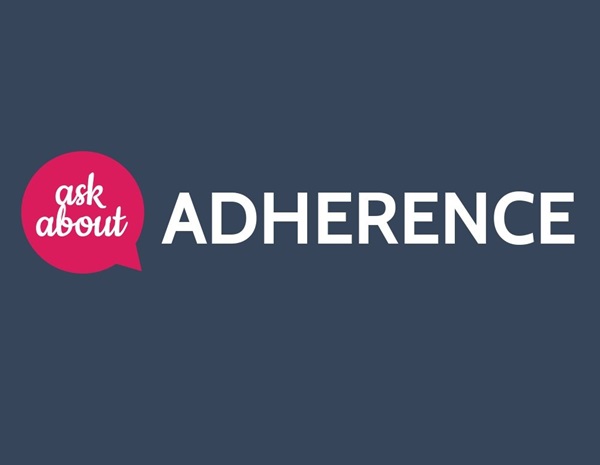Ask About Adherence: Q&A with RxEconomics LLC
We speak with RxEconomics president and CEO M. Christopher Roebuck PhD, MBA about medication adherence and economic evaluation of prescription drugs.

Ask About Adherence: Q&A with RxEconomics LLC
We speak with RxEconomics president and CEO M. Christopher Roebuck PhD, MBA about medication adherence and economic evaluation of prescription drugs.

Ask About Adherence: Q&A with RxEconomics LLC

Ask About Adherence is a blog series featuring Q&A’s with experts in medication adherence. In this post, we speak with RxEconomics president and CEO M. Christopher Roebuck PhD, MBA about medication adherence and economic evaluation of prescription drugs. Stay tuned for the next Q&A and be sure to share your thoughts in the comments section below. We’d love to hear from you on ways to improve medication adherence!
SAMANTHA DOUGHERTY: You’ve published important work on the value of medication adherence and more broadly on economic evaluation in health care. Where do you see the most pressing need for additional research in these areas?
M. CHRISTOPHER ROEBUCK: Medications come with costs and benefits. In order to conduct a thorough and accurate economic evaluation of a given drug, one must be able to identify and quantify these costs and benefits with a certain time horizon and perspective in mind. I believe there is a tendency for discussions around the value of medicines to be confined to short time frames from payer perspectives. Plan sponsors want a strong return-on-investment from prescription drug utilization, largely in the form of reductions in medical services use, preferably within a given plan year. So, I think we need to consider longer-term effects and broader perspectives.
DOUGHERTY: Can you elaborate a bit on what you mean by “broader perspectives”?
ROEBUCK: Sure. I think most of the work on the value of medication adherence has demonstrated short-term - say one year - medical cost offsets, but I would caution our preoccupation with this somewhat narrow approach. Although perhaps appropriate for acute condition medicines, this time horizon is not likely adequate for economic evaluation of chronic disease therapies, since their benefits likely accrue over a much longer period. And, even though current payers may not reap those future rewards, a societal perspective may lead to a more efficient allocation of resources. For example, I am currently examining the extent to which patients’ prescription drug utilization one to three years prior to age 65 reduces their medical spending after age 65. If we uncover evidence of downstream medical cost offsets, policymakers would do well to consider the implications for relevant policies such as those that impact employer-sponsored prescription drug coverage given their eventual impact on Medicare budgets.
Finally, I would also argue that a more inclusive set of benefits be considered. Beyond medical cost offsets, medication adherence has also been linked to productivity enhancements, which is important for employers. But the story may not end there. Think about pharmacotherapy for substance abuse and dependence. When effective, these medications may not only reduce medical costs and improve employment outcomes, they may also lead to reductions in criminal activity. From a societal perspective, that is also valuable. We don’t yet think broadly enough to include those types of outcomes when valuing prescription drugs, but in mental health economics - a field I worked in early in my career - this is the norm when conducting economic evaluations of substance abuse treatment modalities.